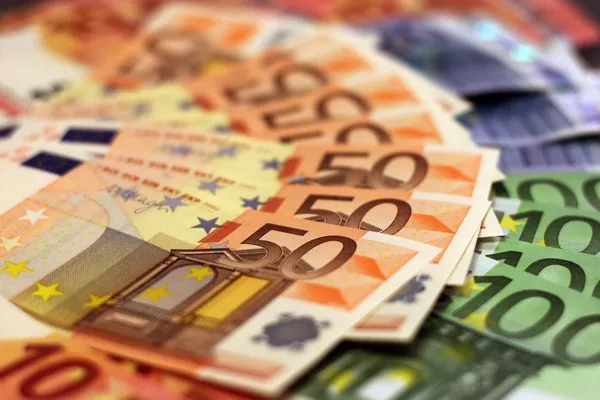The Euro is one of the world’s most widely used currencies, and its fluctuations can have far-reaching implications for the global economy. In recent months, the Euro has been on a downward trend, raising concerns among investors and economists alike. While there are multiple factors at play, several key drivers contribute to the Euro’s decline in 2022.
Political Uncertainty
One major factor contributing to the Euro’s decline in 2022 is political uncertainty within the European Union (EU). The EU has faced several significant challenges over the past few years, including Brexit, immigration issues, and the ongoing COVID-19 pandemic. These challenges have led to increased tensions among member states, making it more difficult for the EU to coordinate a unified response to economic challenges.
In addition, some member states have seen significant political upheaval. For example, Germany, the EU’s largest economy, recently held federal elections that resulted in a power shift from Chancellor Angela Merkel’s center-right party to the center-left Social Democrats. This change in leadership raises questions about Germany’s future policy direction and its ability to work collaboratively with other EU member states.
Economic Slowdown
Another critical driver behind the Euro’s fall in 2022 is slowing economic growth in the EU. The region has struggled to recover fully from the 2008 financial crisis, and the COVID-19 pandemic has only exacerbated these challenges. Several EU countries, including Italy and Greece, were already experiencing economic difficulties before the pandemic hit.
The pandemic has led to widespread lockdowns and restrictions on travel and trade, causing significant disruptions to supply chains and international commerce. As a result, many EU countries have experienced negative economic growth, with GDP shrinking by up to 10% in some places. The slow pace of vaccination rollout in some countries has also impeded economic recovery, especially in the tourism industry.
Monetary Policy
The European Central Bank (ECB) also plays a critical role in influencing the Euro’s value through its monetary policy decisions. In 2022, the ECB has maintained an accommodative monetary policy stance, keeping interest rates low and continuing to purchase government bonds as part of its quantitative easing program.
While these policies are intended to stimulate economic growth and increase inflation, they can also lead to a devaluation of the Euro. When interest rates are low, investors may seek higher returns elsewhere, leading to capital outflows from the Eurozone. Additionally, when the ECB purchases government bonds, it increases the supply of Euros in circulation, which can drive down the currency’s value.
External Factors
Finally, several external factors have contributed to the Euro’s decline in 2022. For example, the US Federal Reserve has signaled its intent to begin tapering its asset purchases, which could lead to higher interest rates and a stronger US dollar. This development could further weaken the Euro relative to the dollar.
Geopolitical tensions and trade disputes have also weighed on the Euro’s value. The ongoing conflict between Russia and Ukraine has led to concerns about energy supplies, with some EU countries heavily reliant on Russian natural gas. Trade disputes with the US and China have also created uncertainty around global supply chains, which could impact European exports and economic growth.
Conclusion
The Euro’s decline in 2022 can be attributed to a combination of factors, including political uncertainty, economic challenges, monetary policy decisions, and external factors. While it is difficult to predict how long this trend will continue, investors and policymakers must monitor these drivers closely and work collaboratively to address the underlying issues. Ultimately, a stable and strong Euro is essential for promoting economic prosperity within the EU and beyond.


